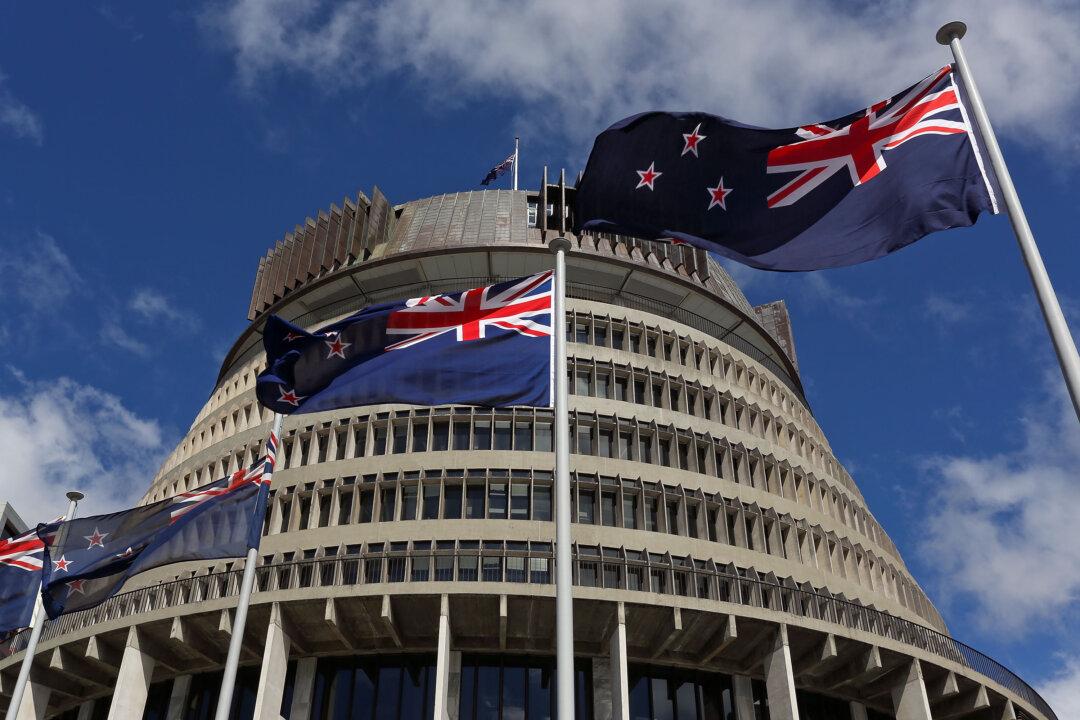The New Zealand Security Intelligence Service (NZSIS) is declining to comment on reports that it detained a Chinese-born New Zealand citizen who worked as a public servant on suspicion of spying for the Chinese Communist Party (CCP).
“The NZSIS has a long-standing approach of not discussing what may or may not be specific areas of operational focus or individuals,” an NZSIS spokesperson told The Epoch Times.





